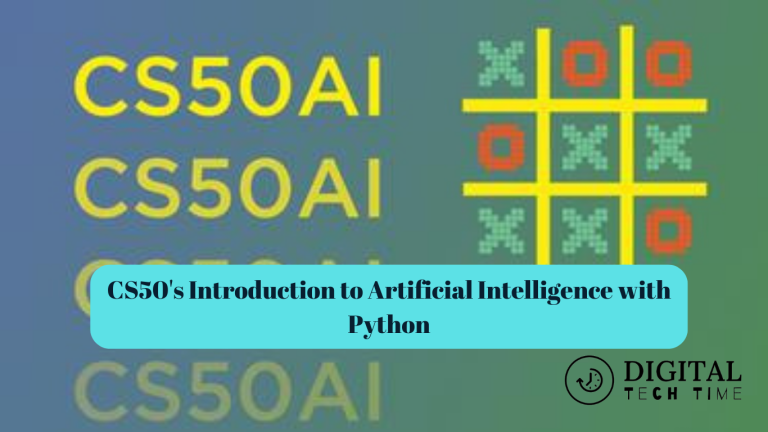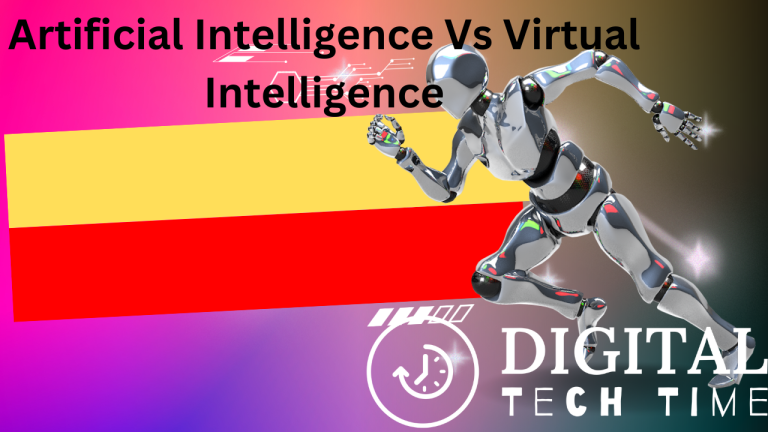Unleashing the Power of a Generalist AI Agent in 3D Virtual Environments
As technology advances exponentially, the possibilities for artificial intelligence (AI) seem endless. One area where AI has made significant strides is in 3D virtual environments. These immersive digital spaces have become increasingly popular, offering unique entertainment, training, and simulation opportunities. In this article, I will explore the power of a generalist AI agent specifically designed for 3D virtual environments.
A generalist AI agent is an intelligent entity capable of performing a wide range of tasks rather than specializing in a single domain. Unlike narrow AI agents that excel in specific areas, generalist AI agents can adapt and learn across various scenarios, making them highly versatile. When applied to 3D virtual environments, these agents can enhance user experiences, improve efficiency, and unlock new possibilities.
Table of Contents
Google’s SIMA Can Play 3D Video Games But Like Humans
We know AI can play video games, but now it can play like humans, not just to beat high scores! Google’s DeepMind team unveiled the world’s first AI Gaming Agent, SIMA. So, let’s look further into its unique features!
Highlights:
- Google’s DeepMind unveils SIMA, which is short for Scalable Instructable Multiworld Agent.
- This AI is trained in various gaming environments with the help of users’ natural language instructions.
- Tested on nine games with the help of 4 testing environments and several pre-trained models.
What is Google’s SIMA?
SIMA is the world’s first AI gaming agent designed by Google and trained in several virtual gaming environments. It has been described as an essential generalist agent that acts as a general instructable game-playing agent.
SIMA stands for Scalable Instructable Multiworld Agent. Like humans, it can play 3D video games using natural-language instructions.
The goal is not to win the game with the best score possible, which other AI can do by accessing the game’s source code. SIMA only gets image inputs from the screen and instructions from the users. Now, it plays the video game by only using keyboard and mouse controls.
Understanding The Power of Generalist AI Agents
The power of generalist AI agents lies in their ability to navigate and interact with complex 3D virtual environments. These agents can perceive and understand the environment, reason about their actions, and make decisions accordingly. They can analyze vast amounts of data, identify patterns, and learn from their experiences, enabling them to adapt to changing circumstances.
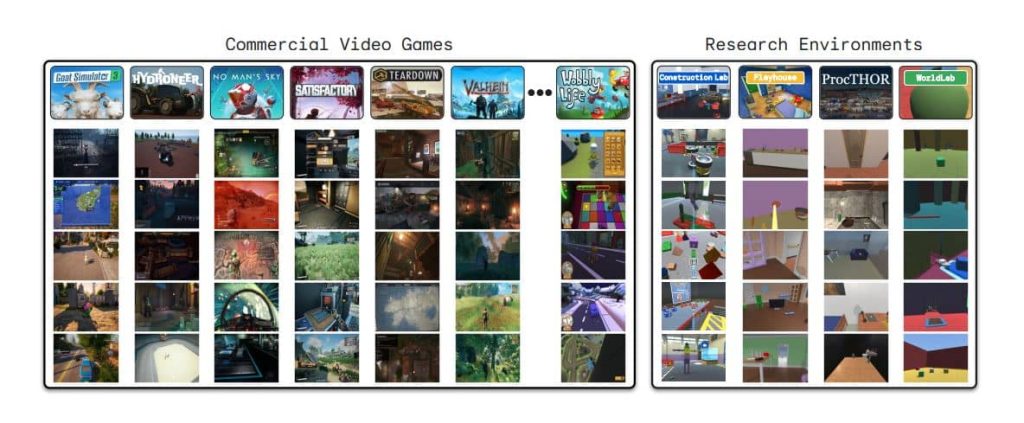
Generalist AI agents can continuously improve their performance by leveraging machine learning techniques. They can learn from both simulated and real-world interactions, allowing them to acquire new skills and knowledge. This adaptability makes them highly valuable in scenarios where the environment is dynamic and unpredictable, such as virtual training simulations or gaming environments.
Benefits of Using a Generalist AI Agent in 3D Virtual Environments
Using a generalist AI agent in 3D virtual environments offers several benefits. First, these agents can enhance user experiences by providing more realistic and engaging interactions. Whether a virtual assistant guides users through a virtual world or a game character responds intelligently to player actions, generalist AI agents can create a sense of immersion and improve overall satisfaction.
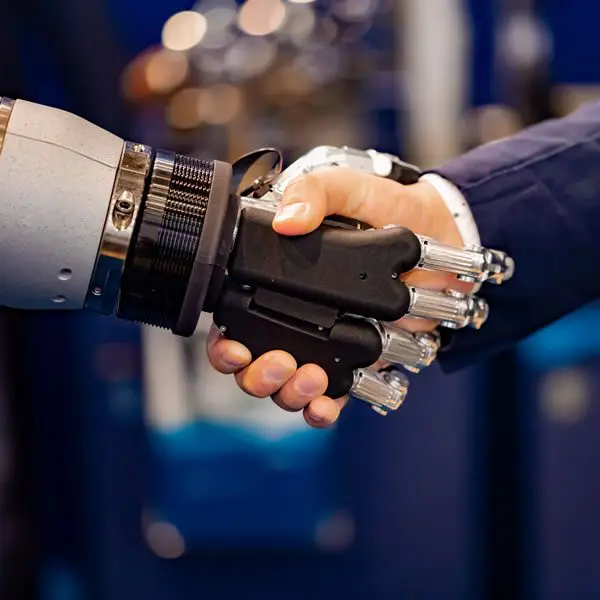
Secondly, generalist AI agents can improve efficiency and productivity in various industries. For example, in architectural design, these agents can assist in generating and optimizing building layouts based on user requirements. They can maximize manufacturing production processes, ensuring maximum output with minimal downtime. By automating repetitive and mundane tasks, generalist AI agents free up human resources to focus on more complex and creative endeavors.
Furthermore, generalist AI agents can be applied to safety-critical scenarios like disaster response simulations. These agents can navigate hazardous environments, assess risks, and make informed decisions to mitigate potential harm. They can assist in training emergency responders, allowing for realistic and high-stakes scenarios without the need for physical risk.
Challenges and Limitations of Generalist AI Agents
While the potential of generalist AI agents in 3D virtual environments is immense, some challenges and limitations must be addressed. One major challenge is the complexity of designing and training these agents. Developing a generalist AI agent requires expertise in various fields, including machine learning, computer vision, and natural language processing. Training these agents can also be time-consuming and computationally intensive, requiring significant resources.
Another challenge is the inherent trade-off between specialization and generality. While generalist AI agents excel in adapting to diverse scenarios, they may achieve a different level of performance than specialized agents in specific tasks. Striking the right balance between versatility and expertise is crucial to ensure optimal performance in 3D virtual environments.
Moreover, ethical considerations must be considered when deploying generalist AI agents. These agents can significantly impact users, and careful attention must be given to issues such as privacy, bias, and transparency. Ensuring that generalist AI agents are designed and used responsibly is essential to prevent unintended consequences.
How to Create a Generalist AI Agent for 3D virtual Environments
Creating a generalist AI agent for 3D virtual environments involves a multi-step process. First, a comprehensive understanding of the target environment and the agent’s tasks is required. This includes defining the agent’s perception capabilities, decision-making processes, and action execution mechanisms.
Next, an AI agent needs a dataset to train. This dataset should contain a wide range of scenarios the agent is expected to encounter, allowing it to learn from diverse experiences. Depending on the specific application, the dataset can be generated through simulations or collected from real-world interactions.
Once the dataset is prepared, machine learning algorithms can be applied to train the agent. Reinforcement learning, a widespread technique in AI, can be employed to optimize the agent’s behavior through trial and error. Agents can be rewarded for desirable actions and penalized for unfavorable ones, allowing them to learn and improve over time.
Finally, the trained agent can be deployed in the 3D virtual environment to interact with users, respond to queries, and perform tasks. Continuous monitoring and evaluation are crucial to ensure that the agent’s performance remains optimal and identify improvement areas.
Training and Optimizing a Generalist AI Agent
Training and optimizing a generalist AI agent for 3D virtual environments is a complex process that requires careful attention to detail. The agent needs to be exposed to diverse scenarios to develop a broad understanding of the environment. Simulations can generate various scenarios, allowing the agent to learn from success and failure.
Furthermore, the reward structure is crucial in training a generalist AI agent. Rewards should be carefully designed to encourage desirable behavior while discouraging undesirable actions. Balancing the reward system is essential to prevent the agent from exploiting loopholes or engaging in suboptimal behavior.
Various techniques can be employed to optimize the performance of a generalist AI agent. One such technique is transfer learning, where knowledge acquired in one domain is applied to another. The agent can quickly adapt to new environments and tasks by leveraging prior knowledge.
Additionally, ensemble learning can improve the agent’s robustness and accuracy. Ensemble learning involves training multiple AI models and combining their predictions to make more informed decisions. This approach can mitigate the limitations of individual models and enhance overall performance.
Applications of Generalist AI Agents in Different Industries
Generalist AI agents have a wide range of applications across different industries. These agents can assist in medical diagnosis, patient monitoring, and personalized treatment recommendations in the healthcare sector. By analyzing patient data and medical literature, generalist AI agents can provide valuable insights to healthcare professionals, improving the accuracy and efficiency of medical care.
In the transportation industry, generalist AI agents can optimize traffic flow, predict congestion, and recommend alternative routes. By analyzing real-time data from sensors and cameras, these agents can help reduce travel times and alleviate traffic congestion, resulting in significant cost and time savings.
Educational institutions can also benefit from generalist AI agents. These agents can act as virtual tutors, providing personalized learning experiences to students. By adapting to individual learning styles and preferences, generalist AI agents can enhance student engagement and improve learning outcomes.
Furthermore, generalist AI agents can be utilized in the entertainment and gaming industry to create more immersive and interactive experiences. Whether it’s a virtual character that responds intelligently to player actions or a virtual assistant that guides users through a virtual world, generalist AI agents can enhance the overall entertainment value and engagement.
Future Trends and Advancements in Generalist AI Agents
The field of generalist AI agents for 3D virtual environments continuously evolves, and several future trends and advancements can be anticipated. One such trend is integrating natural language processing (NLP) capabilities into generalist AI agents. This would enable users to interact with the agent using natural language, making the interaction more intuitive and seamless.
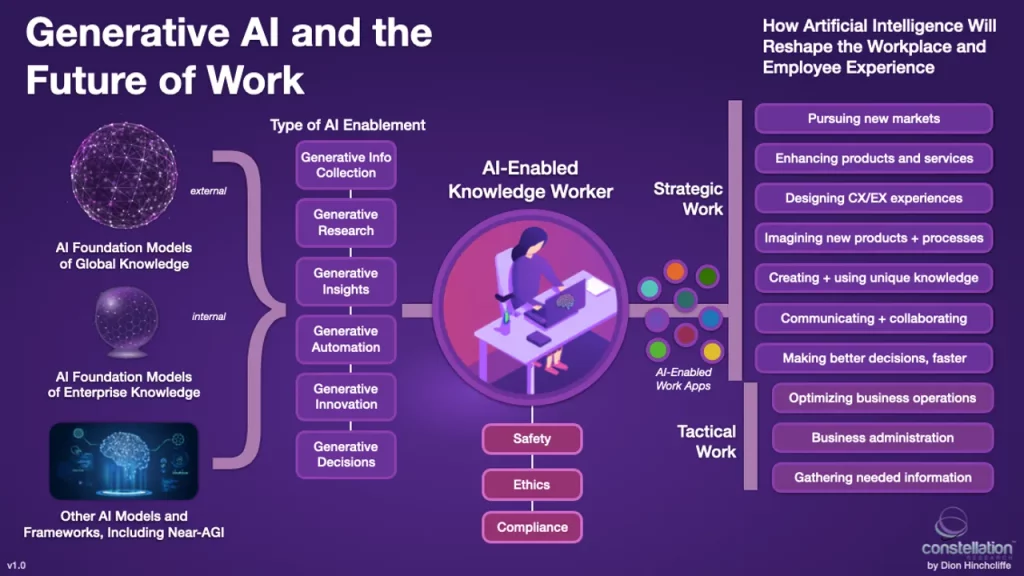
Another trend is the incorporation of deep learning techniques into generalist AI agents. Deep learning algorithms, such as convolutional and recurrent neural networks, have succeeded remarkably in various AI applications. By leveraging these techniques, generalist AI agents can improve their perception capabilities and decision-making processes.
Furthermore, advancements in virtual reality (VR) and augmented reality (AR) technologies will likely significantly impact the capabilities of generalist AI agents. VR and AR can provide more realistic and immersive experiences, allowing generalist AI agents to interact with users more naturally and intuitively.
In addition, advancements in hardware, such as faster processors and more efficient GPUs, will enable the development of more sophisticated and computationally intensive generalist AI agents. This would result in faster training times, improved performance, and more reliable decision-making.
Related Post: UCLA Artificial Intelligence Course: Overview and Benefits
Case Studies of Successful Implementations of Generalist AI Agents in 3D Virtual Environments
Several case studies illustrate the successful implementation of generalist AI agents in 3D virtual environments. One notable example is the use of generalist AI agents in autonomous driving simulations. These agents can navigate complex virtual road networks, respond to traffic conditions, and make real-time informed decisions. This allows automotive companies to test and validate their autonomous driving algorithms in a safe and controlled environment.
Another case study involves generalist AI agents in virtual training simulations for emergency responders. These agents can simulate disaster scenarios, assisting trainees in developing critical thinking and decision-making skills. By providing realistic and high-stakes scenarios, generalist AI agents can enhance the effectiveness of training programs and improve emergency preparedness.
Furthermore, generalist AI agents have been successfully implemented in video games to create more immersive and challenging experiences. These agents can adapt to player behavior, analyze game environments, and adjust difficulty levels accordingly. By providing intelligent and dynamic opponents, generalist AI agents enhance the overall gameplay and replay value.
Conclusion
Generalist AI agents have the potential to revolutionize the way we interact with 3D virtual environments. Their ability to adapt, learn, and perform various tasks makes them highly versatile and valuable in multiple industries. From healthcare to transportation and entertainment education, generalist AI agents can enhance user experiences, improve efficiency, and unlock new possibilities.
However, the development and deployment of generalist AI agents come with challenges and limitations that must be addressed. Designing and training these agents require expertise in multiple domains, and ethical considerations must be considered. Nevertheless, with technological advancements and ongoing research, the future of generalist AI agents in 3D virtual environments looks promising.


